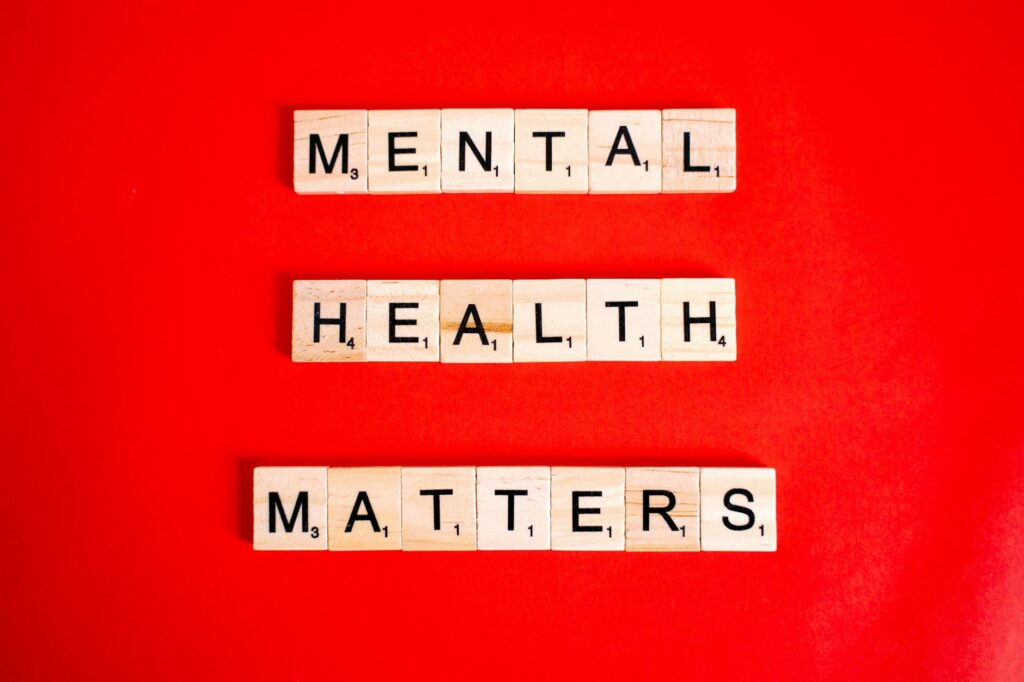What is mental health educational resources?

What is mental health educational resources?
In today’s fast-paced world, understanding mental health is more crucial than ever. Mental health educational resources play a pivotal role in raising awareness, providing support, and teaching individuals the skills needed to manage their mental well-being. These resources empower people to navigate challenges and foster healthier communities.
Understanding Mental Health
What is Mental Health?
Mental health encompasses our emotional, psychological, and social well-being. It influences how we think, feel, and act. It also affects how we handle stress, relate to others, and make choices. According to the National Institute of Mental Health, good mental health is essential for overall well-being and functioning effectively in daily life. Just as we take care of our physical health, nurturing our mental health is equally important.
Common Mental Health Issues
Many people experience mental health challenges at some point in their lives. Here are a few common mental health disorders:
-
Anxiety Disorders: Characterized by excessive worry and fear, anxiety disorders can disrupt daily activities and lead to physical symptoms like increased heart rate.
-
Depression: This condition affects mood, leading to feelings of sadness, hopelessness, and a lack of interest or pleasure in activities once enjoyed.
-
Stress: While stress is a normal response to difficult situations, chronic stress can result in significant health issues, both mental and physical.
Understanding these disorders helps demystify them, encouraging individuals to seek help. For more insight into mental health education, check out resources from NAMI.
Types of Mental Health Educational Resources
Mental health educational resources come in various forms, catering to different learning styles and needs.
Online Resources and Websites
In the digital age, many reliable online platforms provide valuable mental health information. Here are a few noteworthy options:
-
National Institute of Mental Health (NIMH): Offers a wealth of resources, from educational materials to videos aimed at raising awareness about mental health issues. You can explore their offerings at NIMH Digital Shareables.
-
The Check-In Project: Focuses on mental health resources for schools, offering free tools to help educators create supportive environments. Discover more about their initiatives here.
-
Mental Health Resources for Students and Educators: This site provides free materials like coloring books and activities designed to engage youth and educators alike. Check it out here.
Books and Publications
Books remain a great way to delve deeper into mental health topics. Some notable titles include:
-
“The Body Keeps the Score” by Bessel van der Kolk: This book explores the impact of trauma on mental health and provides insights into healing.
-
“Feelings and Moods: A Mindfulness Book for Kids” by Lisa J. Amstutz: Aimed at younger audiences, this book introduces children to mindfulness and emotional awareness.
These publications not only educate but also offer practical strategies for managing mental health.
Workshops and Seminars
Participating in workshops and seminars can provide hands-on experience and motivate individuals to focus on their mental well-being. These events often feature experts who share insights, coping strategies, and resources. Engaging in discussions with others can also normalize conversations around mental health, reducing stigma.
Utilizing Mental Health Educational Resources Effectively
To maximize the benefits of mental health educational resources, it’s essential to know how to use them effectively.
Identifying Credible Sources
With an abundance of information available online, it’s vital to identify credible sources. Look for resources provided by reputable organizations such as the NIMH, American Psychological Association, or mental health advocacy groups. Checking for reviews and testimonials can also help ensure that the information is reliable.
Integrating Resources into Daily Life
You can easily incorporate mental health educational resources into your routine. Here are some practical tips:
-
Daily Reading: Set aside time each day to read articles, books, or blogs focused on mental health.
-
Mindfulness Practices: Use guided meditation apps or videos to introduce mindfulness techniques into your daily life.
-
Community Engagement: Join local support groups or workshops. Connecting with others fosters a sense of belonging and shared experiences.
The Role of Mental Health Education in Personal Development
Mental health education significantly impacts personal growth and productivity.
Enhancing Productivity through Mental Health Awareness
Understanding mental health can boost productivity. When individuals learn to manage stress and anxiety, they can focus better on their tasks. A healthier mind leads to improved decision-making and creativity, ultimately enhancing performance at work or school.
Balancing Work and Mental Health
Maintaining a work-life balance is essential for overall well-being. To prioritize mental health while managing work responsibilities, consider these strategies:
-
Set Boundaries: Define your work hours and personal time clearly. Avoid checking emails outside of work hours if possible.
-
Practice Self-Care: Schedule regular breaks throughout your day to recharge mentally and physically. Activities like exercise, reading, or hobbies can help.
-
Seek Support: Don’t hesitate to reach out to colleagues, friends, or professionals if you’re feeling overwhelmed. Talking about challenges can lighten the burden.
Conclusion
Mental health educational resources are vital for promoting awareness and understanding mental health issues. They empower individuals to take charge of their well-being and seek help when needed. By utilizing these resources, you can enhance your knowledge, improve your mental health, and contribute to a healthier community. So, explore various platforms, read insightful books, and engage with others to cultivate a deeper understanding of mental health. Remember, you’re not alone in this journey. For additional information, consider visiting Mindful Health Solutions to learn more about the importance of mental health education.

Photo by Anna Tarazevich